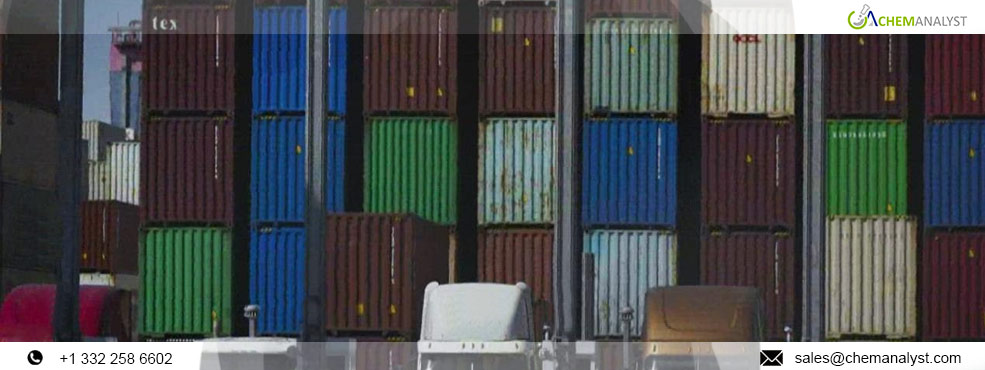Welcome To ChemAnalyst

In the European market, the persistent shortage of truck drivers has emerged as a significant challenge for the shipping industry, hindering business expansion and impacting productivity. A recent report reveals that over half of European trucking companies are unable to grow their operations due to the scarcity of skilled drivers. Additionally, nearly 50% of companies are experiencing reduced productivity, and 39% have reported a decline in revenue due to this shortage.
The European Union (EU), Norway, and the UK collectively face a deficit of over 233,000 truck drivers, a number projected to escalate to over 745,000 by 2028 if corrective measures are not implemented promptly to address the issue of retiring drivers. The shortage of drivers has far-reaching consequences, affecting the efficiency and profitability of businesses across the logistics spectrum.
Meanwhile, at the Port of Rotterdam, throughput has witnessed a notable decline of 6.1% over the past year. Geopolitical unrest, sluggish economic growth, and high inflation rates in Europe have contributed to this downturn in throughput. The challenges faced by the shipping industry at Rotterdam underscore the broader issues impacting global trade and logistics networks.
The shutdown of Baltimore's inner harbor has further compounded challenges in the shipping sector, disrupting logistics networks and impacting local shipping interests. While the shutdown has been detrimental to Baltimore's shipping operations, it has led to increased traffic at other East Coast ports. March saw a surge in activity, driven by organic growth and new customer acquisitions, particularly in the automotive and high and heavy equipment sectors.
In the Asian market, shipping companies are exploring alternative cargo options from Southeast Asia due to ongoing supply chain disruptions in China's main port cities. Despite efforts to ease restrictions, the container port in Shanghai, typically one of the busiest globally, is still facing challenges. A shortage of trucking capacity has led to disorder in supply lines, prompting some carriers to switch to multimodal services like land-to-water or rail. As a result, certain areas in the Shanghai port are experiencing pressure due to trucking and entry issues.
To address these challenges, key players are considering transferring dangerous goods and refrigerated containers to other ports for unloading. Additionally, China's Ministry of Transport has instructed the restoration of reefer transport and clearance of refrigerated cargo, possibly in response to reported supply chain issues for perishable goods in the city.
In other developments, two rounds of price hikes on the Asia-Europe ocean trade have halted a recent decline in rates, which had dropped by more than 30% since early January. Some carriers have already announced further rate increases effective May 1, aiming for significantly higher rates than the current levels. These adjustments reflect ongoing efforts by shipping companies to stabilize pricing amid market fluctuations.
We use cookies to deliver the best possible experience on our website. To learn more, visit our Privacy Policy. By continuing to use this site or by closing this box, you consent to our use of cookies. More info.
